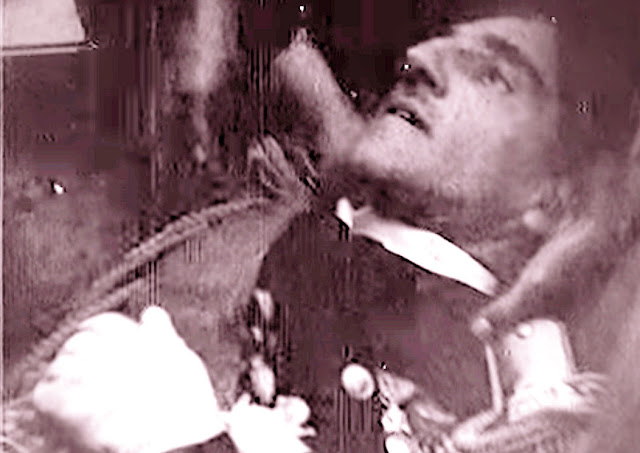 |
| Serbian General |
Alexander (1888–1934) was born the second son of Prince Peter Karađorđević of Serbia and Princess Zorka of Montenegro on 16 December 1888 in Montenegro. Peter became king of Serbia in 1903 after the murder of Alexander Obrenović by conspirators including Colonel Dragutin Dimitrijević (Apis). Educated in Geneva and St. Petersburg (1876–1917), Alexander Karađorđević returned to Serbia as crown prince in 1909 after his elder brother George disqualified himself for the throne by murdering his manservant. There, Alexander continued his education. During the First Balkan War, Alexander commanded the Serbian First Army, which won battles at Kumanovo (October 1912) and Monastir (November 1912) against the Ottomans, allowing for Serbian control of a large part of Macedonia. During the Second-Balkan War, Alexander helped to defeat the Bulgars at the Battle of Bregalnica (June–July 1913), thereby permitting Serbia to retain Macedonia. In June 1914, Alexander became regent of Serbia due to his father’s age and ill health. As supreme commander of Serbian forces, Alexander and his army withstood three Austro-Hungarian attacks after the outbreak of the First World War.
 |
| King Alexander I with French Foreign Minister Louis Barthou, Marseilles, 9 October 1934 |
In 1915 combined Austro-Hungarian, German, and Bulgarian attacks forced Alexander and the Serbian army to retreat across the Albanian mountains to the Adriatic coast. There Entente ships took the survivors to the Greek island of Corfu. After rest and recovery, they became part of the Entente Salonika Front in Greece. While in Salonika in 1917, a Serbian military tribunal convicted a group of army officers of plotting to assassinate Alexander. Among those executed was Colonel Dimitrijević, the leader of the Black Hand. Serbian forces were instrumental in the Battle of Dobro Pole in September 1918, which forced Bulgaria out of the war. In late 1918, Serbia joined with the South Slav lands of the former Austria-Hungary and Montenegro to become the Kingdom of Serbs, Croats, and Slovenes with King Peter Karađorđević as monarch. When Peter died on 16 August 1921, Regent Alexander succeeded his father as king.
 |
| Moments Later, Alexander Lies Dying An Hour Later Minister Barthou Also Died of Wounds |
The kingdom did not meld together, mainly because of conflict between the Serbs, who were the largest national group, and the Croats, the second-largest national group. Due to ethnic strife, Alexander proclaimed a royal dictatorship in January 1929, officially changing the name of the country to Yugoslavia. Under his leadership, Yugoslavia joined the Little Entente and the Balkan Entente. During a state visit to France, Alexander was assassinated along with French foreign minister Louis Barthou on 9 October 1934 by a terrorist with connections to Croatian Ustasa and Macedonian VMRO. Both of these were separatist organizations. He is remembered as Alexander the Unifier, although Yugoslavia no longer exists and its former components are no longer unified.
Source: Gregory C. Ference Essay (War in the Balkans, 2014)

IIRC, the assassination of King Alexander was the first of a major political figure to be captured on film.
ReplyDelete